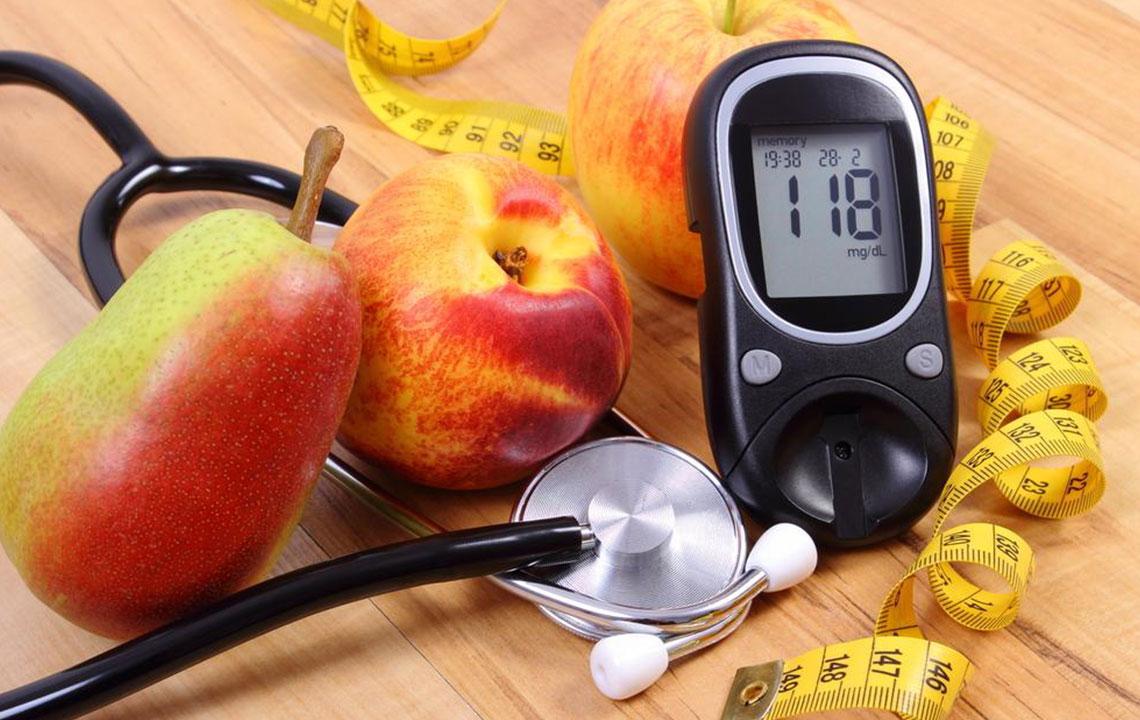Effective Approaches to Managing Type 2 Diabetes
This comprehensive guide explores effective methods for managing type 2 diabetes, emphasizing lifestyle changes like diet and exercise, blood sugar monitoring, and treatment options such as medications and insulin therapy. It highlights the importance of personalized care and early intervention strategies, including bariatric surgery for suitable candidates, to improve blood glucose control and overall health. Practical tips and medical insights are provided to help individuals better manage their condition and prevent complications.

Effective Strategies for Managing Type 2 Diabetes
Consistent physical activity, balanced nutrition, insulin management, and blood sugar monitoring are essential components in controlling type 2 diabetes.
While no definitive diet cures diabetes, consumption of low-fat, high-fiber foods like whole grains, fresh fruits, and vegetables supports overall health and helps prevent complications. Limiting intake of processed meats, sweets, and refined carbs is also beneficial.
Choosing foods with a low glycemic index, which raise blood sugar more gradually, can help manage the condition effectively.
Foods with a low glycemic index contain more fiber and are considered healthier, as they cause a slower rise in blood sugar levels. This can help in better weight and blood sugar management.
Physical Activity
Daily aerobic exercises are crucial, especially for individuals with type 2 diabetes. Consulting a healthcare provider before starting any new exercise regimen is recommended. Engaging in activities like walking, cycling, dancing, or swimming can make exercise enjoyable. Aim for at least 30 minutes of activity, five days a week, gradually building stamina. Combining aerobic exercises with strength training or yoga optimizes blood sugar control. Always check blood sugar levels before exercising, and eat a snack if on medication to prevent hypoglycemia.
Blood Sugar Monitoring
Regular blood sugar tests are vital due to the variable nature of the disease. Monitoring before and after meals, exercise, or alcohol intake helps maintain optimal levels. Personalized plans are essential, especially when on insulin or other medications, to adapt to fluctuations caused by food, activity, or medication effects.
Medical Treatments and Insulin
While lifestyle changes can control diabetes for some, many need medications or insulin therapy. Treatment decisions depend on diet, activity, comorbidities, and blood sugar targets. Combination therapies are common for better control.
Options for Treating Type 2 Diabetes
Insulin Therapy
Insulin therapy is now often recommended early in the disease progression due to its benefits. Insulin is administered via injections using fine needles or pen devices, as oral insulin is ineffective. Types of insulin include:
Insulin detemir (Levemir)
Insulin lispro (Humalog)
Insulin glulisine (Apidra)
Insulin glargine (Lantus)
Insulin isophane (Humulin N, Novolin N)
Insulin aspart (Novolog)
Bariatric Surgery
For patients with BMI over 35, weight-loss surgery can significantly improve blood sugar control, restoring it to normal levels in up to 95% of cases.










